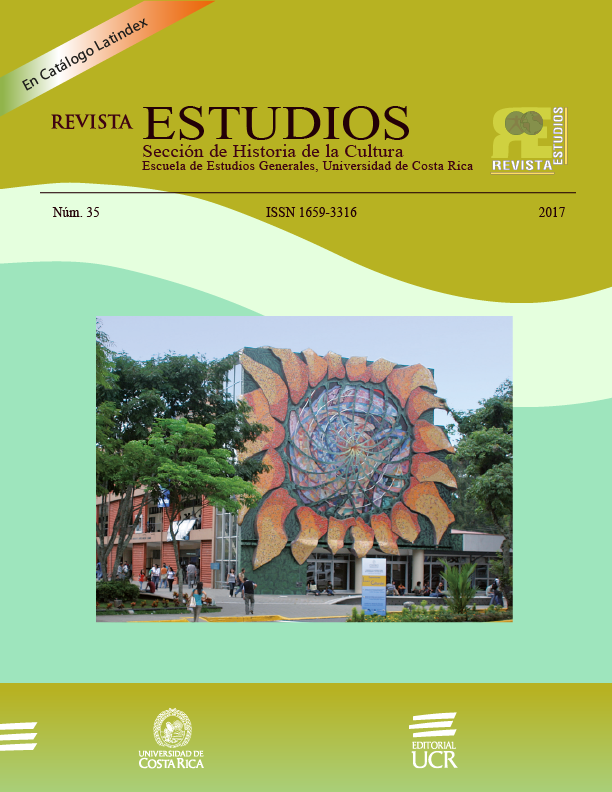Abstract
This essay is an interpretation of the memory associated with the effects caused by the nuclear accident in Chernobyl in 1986, which was classified as the most devastating in history. From the accounts contained in the work Voices from Chernobyl, written by Svetlana Alexievich, the disenchantment of a science that had promised well-being was first approached by the development of the civil use of atomic energy; second, the inevitable change in the life of a society stunned by the dantesque impact of an unparalleled explosion; third, the persistence of authoritarian structures, intent on concealing and deceiving people about what happened; and fourth, the cost of heroism embodied in firemen, liquidators, and soldiers who gave their lives to avoid greater misfortune; and the cries of the innocent, suffering in the face of adversity, understood only within the immediate family. Finally, the existential dilemmas expressed by the witnesses of the Ukrainian disaster, which was a prelude to the debacle of the Soviet Union, an agonizing empire as it progressed in the 1980s, are outlined.
References
Aleksiévich, Svetlana. (2017). El fin del «Homo sovieticus». Barcelona: Acantilado.
Alexiévich, Svetlana. (2016). Los muchachos de zinc. Voces soviéticas de la guerra de Afganistán. Barcelona: Debate.
Alexiévich, Svetlana. (2015). Voces de Chernóbil. Crónica del futuro. Bogotá: Debolsillo.
Alexievich, Svetlana. (2006). Voices from Chernobyl. The oral history of a nuclear disaster. New York: Picador.
Burbank, Jane y Cooper, Frederick. (2012). Imperios. Una nueva visión de la Historia universal. Barcelona: Crítica.
Fitzpatrick, Sheila. (2009). La Revolución Rusa. Buenos Aires: Siglo XXI Editores.
Fontana, Josep. (2017). El siglo de la revolución. Una historia del mundo desde 1914. Barcelona: Crítica.
Gessen, Keith. (2015). Translator’s preface. Alexievich, Svetlana. Voices from Chernobyl. The oral history of a nuclear disaster. New York: Picador.
Heller, Agnes. (1993). Una filosofía de la historia en fragmentos. Barcelona: Gedisa.
Hobsbawm, Eric. J. (1996). Historia del siglo XX. Barcelona: Crítica.
Hosking, Geoffrey. (2014). Una muy breve historia de Rusia. Madrid: Alianza Editorial.
Jackson, Gabriel. (1998). Civilización y barbarie: la historia de Europa en el siglo XX. Barcelona: Planeta.
Judt, Tony. (2012). Postguerra: una historia de Europa desde 1945. Madrid: Taurus.
Judt, Tony. (2011). Sobre el olvidado siglo XX. Madrid: Taurus.
Laruelle, Marlène. (2011). “Nacionalismo y construcción estatal en Rusia: Un consenso social debilitado”. En Revista CIDOB d’afers internacionals, 96. pp. 63-79. Recuperado de: www.raco.cat/index.php/RevistaCIDOB/article/download/248612/332814
Lewin, Mohe (2017). El siglo soviético ¿Qué sucedió realmente en la Unión Soviética. Barcelona: Crítica.
Mc.Neil, John R. (2011). Algo nuevo bajo el sol. Historia medioambiental del mundo en el siglo XX. Madrid: Alianza.
Meybatyan, Silva. (2014). “Las catástrofes nucleares y su desplazamiento”. En Revista Migraciones Forzadas, 45. pp. 63-65. Recuperado de: www.fmreview.org/es/crisis/meybatyan.html
Plokhy, Serhii. (2015). El último imperio. Los días finales de la Unión Soviética. Madrid: Turner Publicaciones.
Schlögel, Karl. (2015). Terror y utopía. Moscú en 1937. Barcelona, Acantilado.
Service, Robert. (2010). Historia de Rusia en el siglo XX. Barcelona: Crítica.
Taibo, Carlos (2010). Historia de la Unión Soviética, 1917-1991. Madrid, Alianza Editorial.
Todorov, Tzvetan. (2008). Los abusos de la memoria. Barcelona: Paidós.
Zafra, M. A; Amor, A; Díaz, D y Cámara. C. (2002). “Efectos en la salud por el desastre de Chernóbil. Quince años después”. En Anales Españoles de Pediatría, 56. pp. 324-33. Recuperado de: www.analesdepediatria.org/es/pdf/S1695403302778107/S300

